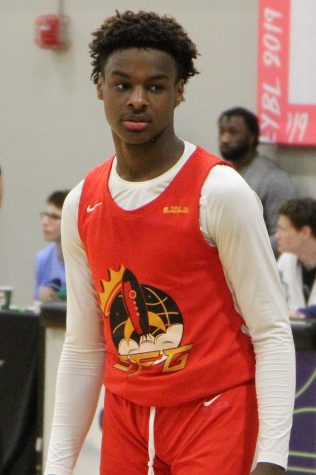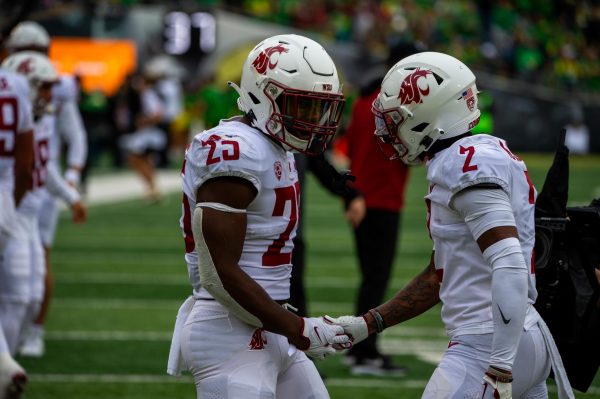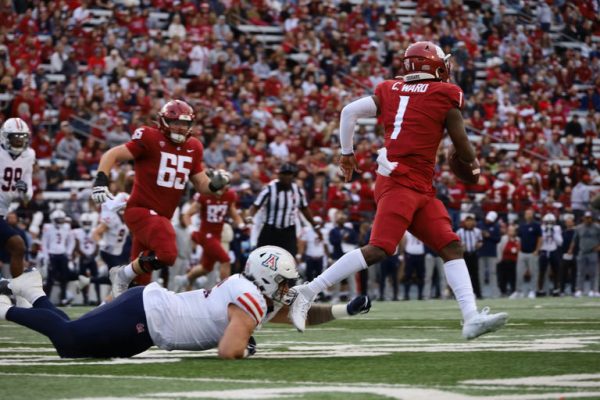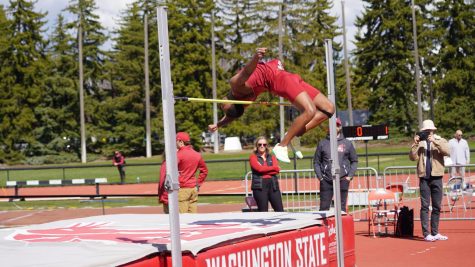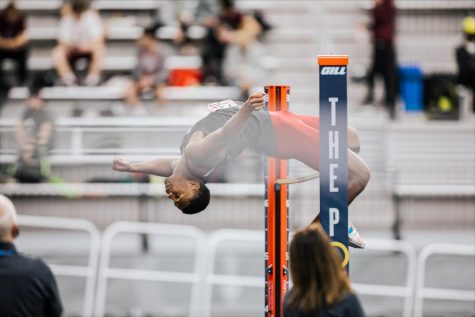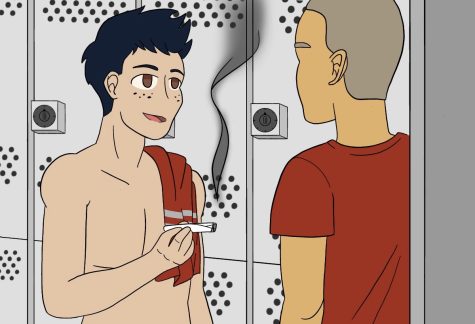Culture change could fuel postseason berth for Mariners
February 7, 2017
MySpace was not a thing the last time the Seattle Mariners qualified for the postseason in 2001. Needless to say, it has been a long 15 years.
With the Mariners team bus departing for Peoria, Arizona, on Tuesday, where they will start preparation for spring training next week, I felt like this is an appropriate time to address the longest playoff drought of any franchise in Major League Baseball.
There is a light at the end of the tunnel for the Mariners though. As spring training approaches, I think there is reason to stay optimistic. There is reason to believe Seattle will play meaningful baseball for the first time in 15 years.
For baseball fans in the Pacific Northwest, I know that this is not the first rodeo with this sort of chatter and that speculations mean nothing in the movable marketplace of professional sports.
The Mariners are long overdue in providing their fan base with a team to be proud of, and the resulting culture must change if the franchise is to fulfil an innate obligation.
The first step toward achieving this goal came in 2014 when Kevin Mather took over as president of the club. A year later, Mather hired Jerry Dipoto to take over as general manager to ensure that the two front office officials running the franchise share the same vision for the future.
Dipoto made a league-leading number of roster moves and trades in the past year-and-a-half, hired Scott Servais as manager in 2015 and brought aboard Andy McKay in 2016 as the franchise’s director of player development. By doing so, the four individuals with the greatest influence in formatting the team’s roster all center their focus and analytics on sabermetrics, the analysis of baseball statistics on in-game activity.
“The culture you are trying to create is more important than the strategy,” McKay said in an interview with Shannon Drayer of 710 ESPN Seattle.
McKay’s first year was historical, as all seven minor league teams in the Mariners farm system made the postseason.
The culture is changing, and that is one of two factors that indicate the Mariners are primed for a postseason return.
The second factor has to do with Dipoto’s fondness for sabermetrics.
Most general managers simply look at cliché statistics like batting average, homeruns, earned run average (ERA) and saves when determining a player’s projected value and season output. Dipoto is the inverse.
Dipoto primarily emphasized the need to improve the team’s on-base percentage last season, and the Mariners jumped from 22nd to ninth in the MLB in that department. With the exception of stolen bases and extra-base hits, the Mariners were a top-10 team in nearly every other offensive statistic.
Speed was clearly an issue last season, so Dipoto added centerfielder Jarrod Dyson and all-star shortstop Jean Segura to gain more athleticism at the top of the lineup. The two combined for 63 stolen bases in 2016, more than what the entire Mariners club produced last season.
With the changes Dipoto has instilled, both culturally and athletically, the Mariners control their own destiny in 2017. Evidenced by the deterioration of the team’s pitching depth last season, the only thing I see that can slow them down is injuries.
Even then, Dipoto prepared the organization by stocking up on starting pitchers for both the Mariners franchise and farm system.
In 2013, the Seattle Times’ Geoff Baker wrote in an article that former Mariners manager Eric Wedge likened his inability to win in Seattle on an absence of culture within the organization. Wedge said the Mariners operated at a level of “total dysfunction and a lack of leadership.”
Wedge’s remarks illustrate that winning is not solely about which front office has the most dollars to spend. As is the case with the Mariners, success is dependent upon management setting the tone. Until last season, the franchise endured a deficiency of strong leadership. In other words, there was no tone and there certainly was no culture.
Wedge tapped in to a problem that is not easy to fix. Changing the manager nine times in 15 seasons certainly has done the Mariners no favors. This is like whitening your teeth to get rid of a cavity. It may look like a fresh start, but organizational problems remain.
There is a great deal of stress in being a Mariners fan. I get it. The franchise has never appeared in a World Series.
A winning culture starts with believing in your team and being on the same page with the organization’s front office, and the Seattle Seahawks, the Mariners’ neighbor, have demonstrated that this approach works in the Northwest.
The stars seem aligned for a winning culture in the postseason return of 2017.









